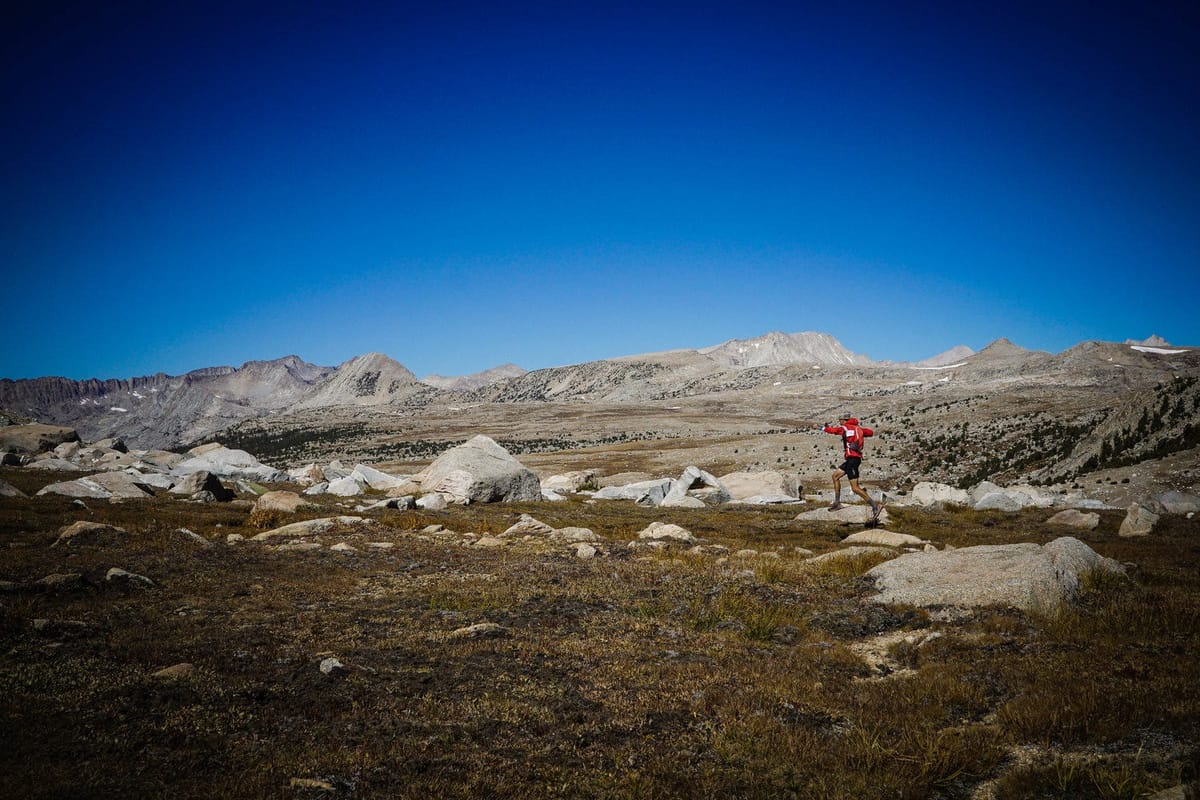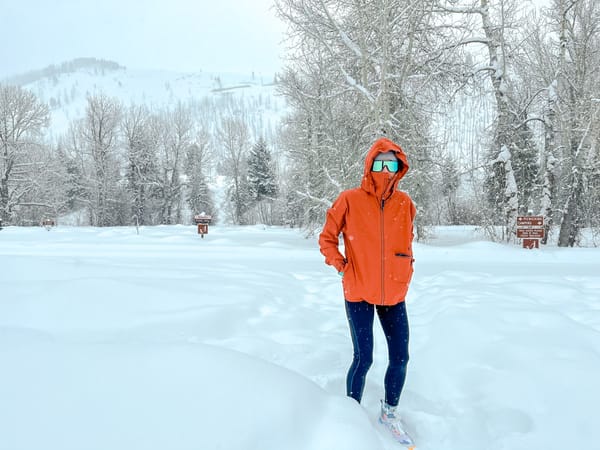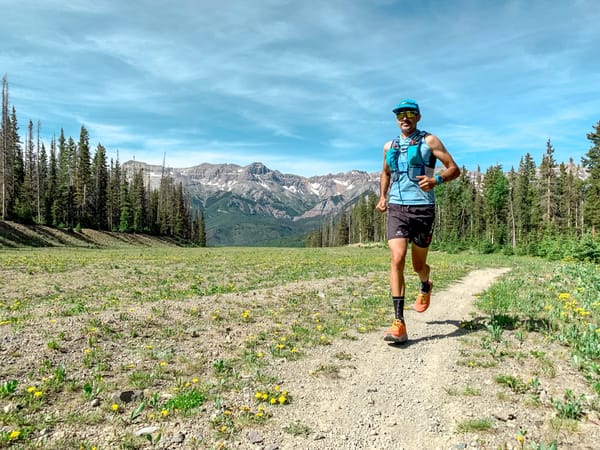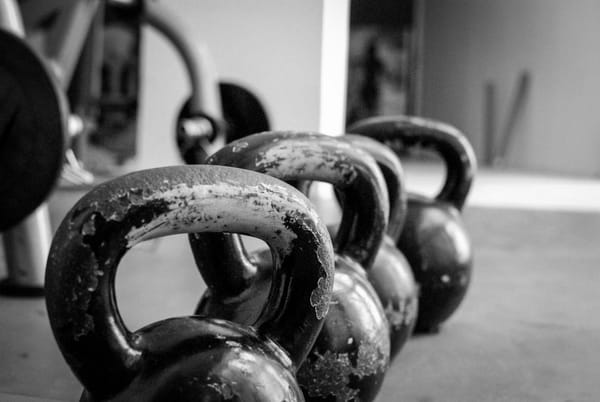Life Isn't That Hard

I sit between the open side doors of the van to block the morning wind. The sun has lifted over the eastern mountains but it is cold. “This wind sucks,” I murmur. It makes it feel 10 degrees colder. My stomach is churning from last night’s beer and apparently gluten-laced French fries. I suspected they had gluten in them but devoured them with little hesitation because as well as a weakness for chips and tacos, I have a weakness for fries. I also ate a taco. Or perhaps my stomach is a mess from the far-too-expensive frozen yogurt at the new froyo slash wine bar in Bishop. My eyes are puffy, my stomach is angry, I slept horribly, it’s cold out, and I made it so. I made the choices that contributed to my ill feeling and current discomfort. Life isn’t that hard but I made it so.
Hard is a perception. What I believe is hard another would think luxuriously easy. A working vehicle that I can live in, relatively free rent, open spaces and roads to explore, access to food, water, and fuel 24/7 sounds like an easy life. Sometimes it’s cold at night or at dawn, cooking outside isn’t always comfortable, there is no Netflix and sometimes no — wait for it — Internet. But, seriously, life is pretty simple.
It is in this adjusted perspective of life’s ease I reflect on the childlike meltdown I had yesterday. I had work to get done but no Internet access from the campsite, my phone died, and when I was able to get wi-fi I couldn’t remember the necessary passwords. I got frustrated. I got short with my travel partner. The self-induced stress hijacked my day. Life wasn’t really hard in that situation, but the emotions I crafted made it seem exhaustively difficult. Eventually the phone recharged, passwords were retrieved, and the work was completed. My frustration and stress was not warranted.
Life isn’t that hard, but we make it so. Why?
The cause of the frustration, and what makes life hard in general, is our I want expectations. I wanted to get the work done quickly and early in the day. However, circumstances of our agenda, a lack of Internet access, and our need to set up camp, pushed work until the afternoon. Accepting that, I then wanted to roll into the coffee shop, hook into wi-fi, and bust out the work. But, as I mentioned, I lost the passwords. So, frustration mounted as there are expectations of me (some perceived), and I have expectations of myself. The clash between I want and this is what I have is what creates the emotional situation which turns difficult. With enough perceived difficult situations we craft a difficult life perception. It seems ridiculously simple to address this problem of expectation and perception, but it isn’t easy. Simply, we should expect to get what we have rather than what we want. Sure, want, but don’t attach to the imagined outcome. Life becomes easier when we eliminate or lower expectations. I don’t believe this translates to a need to eliminate or lower our desires. Rather specifically the expectations that often leave us in a judgmental, frustrated, and self-critical state when we haven’t met them. The more appropriate response to yesterday’s minor hardship would have been to allow the situation to unfold with enough emotion to be a catalyst for creating a solution to the issues, but not so much to take me over the edge into a non-productive state.
What does all that have to do with the gluten and sugar overdose? Well, frustration creates stress. For myself, poor food choices typically follow stress. Would I have made better food choices had I not placed myself in a stressful situation earlier in the day? To that I can not be certain. But, perhaps in a calmer state I would have exercised better judgment and moderation.
The sun is rising in the sky, the wind has reduced to a breeze, a run in the mountains is forthcoming, and I have the luxury of writing and contemplating this “hard” life.
Life is mostly simple, if we make it so.
— Paul




